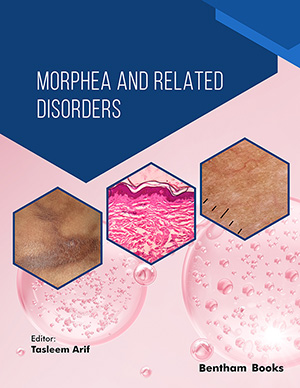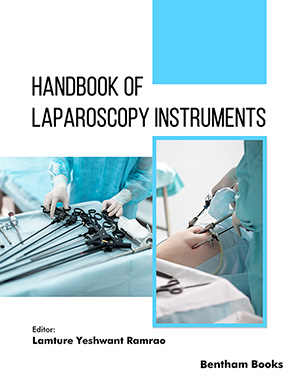Abstract
Background: Relationship Centered Care (RCC) is a term that originated in the field of primary care, with roots in Engel’s biopsychosocial model and humanistic medicine. It focuses on understanding of illness from an intersubjective perspective, involving a dialogue between physician and patient, and a shared understanding of the patient’s narrative. The principles embodied in RCC have not been well described with respect to psychotherapeutic care with children and adolescents and their families, or in residential treatment settings, which may be hierarchical in their approaches.
Methods: This paper will demonstrate how employing multiple treatment modalities including (1) patient/ family, (2) shared decision making (3) emotional connections and (4) community partnerships, in using the Relationship Centered Care (RCC) approach can lead to the promotion of well-being and resilience. The case of a pre-adolescent boy with multiple mental health and behavioral issues will be used to illustrate this approach.
Results: The case demonstrates the effective utilization of the relationship-centered approach in comprehensively addressing the complex needs of a child with mental health and behavioral challenges.
Conclusions: The RCC approach helps bridge the coordination of multi-system plan of treatment intervention for a pre-adolescent youth in a children’s residential program yielding an optimal outcome for both the child and family.
Keywords: Attention-deficit hyperactivity disorder (ADHD), mental illness, relationship centered care, treatment modalities.

























